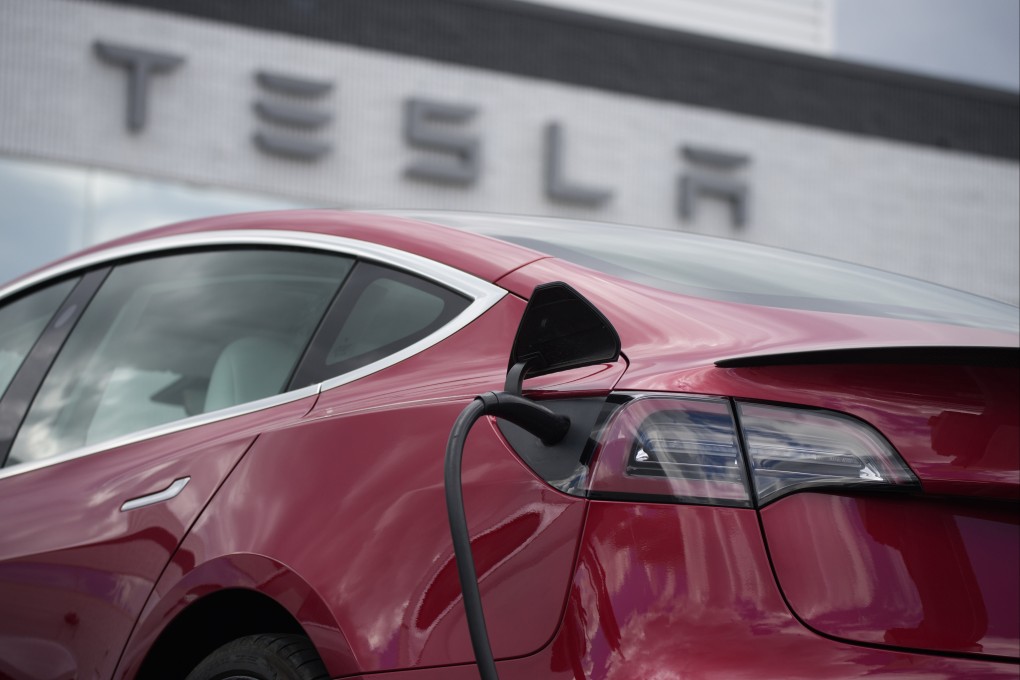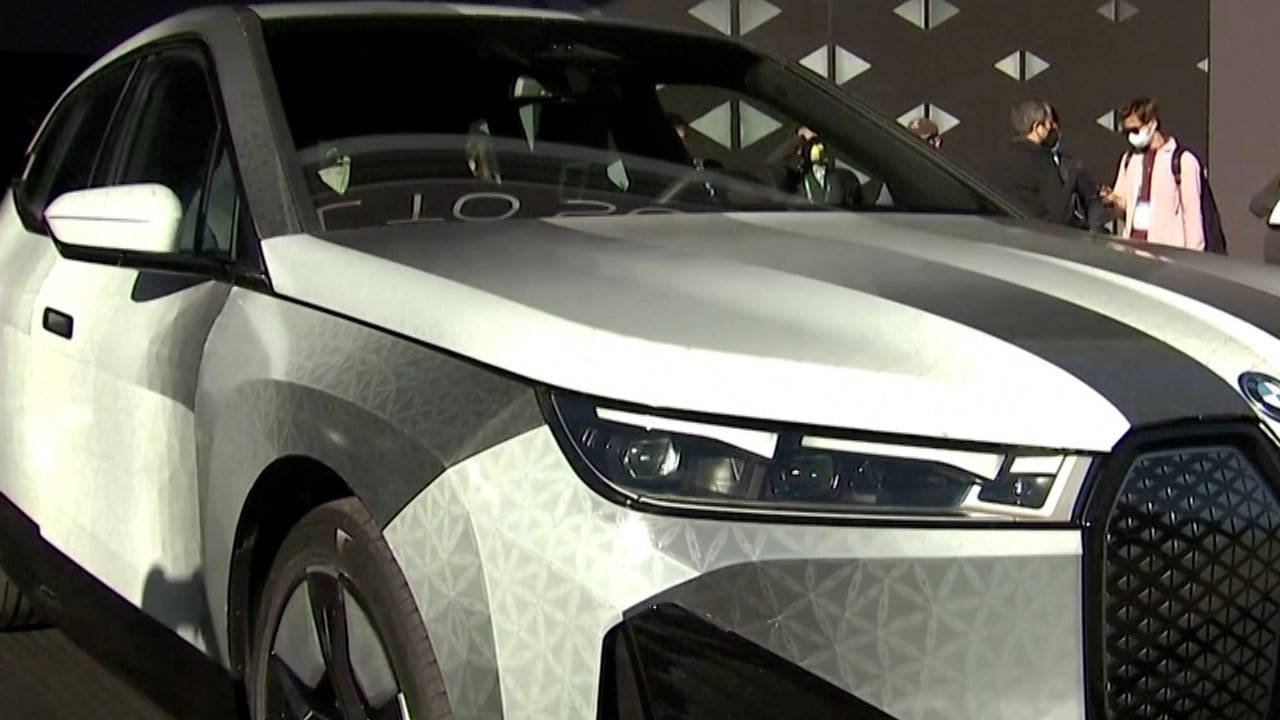Abacus | There’s a solution to China’s lithium squeeze: electric vehicle battery recycling
- As demand for electric vehicles surges, the price of lithium is going skywards, substantially raising the cost of battery packs
- The rising price of lithium – and the environmental cost of throwing batteries away – threatens demand unless manufacturers are willing to think outside the box

-
Not to look goofy. Electric vehicles (EVs) used to be weird, ugly vehicles that were tucked away at the back of motor shows as far away from Aston Martin, Maserati and Ferrari as you can get. Tesla changed that with the help of Lotus with its first roadster in 2008, and then the Model S. Other manufacturers realised this and some of the slickest designs from Porsche, Audi and Mercedes are head-turners.
-
Range anxiety. Hong Kong is an ideal place to own an electric car as you cannot really drive far given it is just 70 per cent of the size of London. That is one reason why they have been so popular in the city – you are not going to run out of juice. However, in Europe or the United States, range is still an issue though becoming less so with improvements in battery technology and management though electronics.
-
Being green. I am currently driving a Audi A4 Diesel which sips fuel and gives me about 27km/litre. I think I’m doing well with that. I am no tree-hugger, but my family are switching to electric now and I am thinking the same, given their cars are about four times more efficient on energy consumption than mine.
-
Cost of the batteries. What happens when the battery pack fades after seven years or so and I need to replace it and pay for recycling? That still worries me, but until this year, battery packs have become progressively cheaper every year.
-
Charging infrastructure. I would need the mother of all extension leads to charge an electric car in Mui Wo and even if I had one a feral cow might just inadvertently pull the plug. But recharging infrastructure is being built out in most major cities and if you own an electric car, in 2022 you are unlikely to run into a problem.
It has also become apparent that the overall lower cost of running and maintaining an electric car is significantly lower than the cost of one powered by petrol or diesel. There is far less to go wrong in an EV that has far simpler mechanics and fewer things to wear out, but of course with all electric and electronic devices, the battery performance will fade over time and that repair will be costly. However, the low running cost, even though the purchase cost of an EV remains high, is appealing enough for many motorists to consider the switch.
UK electric leasing company DriveElectric predicts that in 2022 there will be a 74 per cent increase in new electric vehicle registrations over 2021. This is based on its own market analysis, taking into account the shortages in semiconductors which will continue for the next two years restricting the availability of cars overall. When factoring in a return to normal in the semiconductor industry by 2025, DriveElectric sees 50 per cent of all new registrations being electric or hybrid.
Towards 2030 with governments such as the UK, Germany, Ireland and the Netherlands introducing bans on new petrol or diesel cars, demand for EVs will also accelerate leading to a progressive increase in battery demand and overall performance.
Recent advances in battery technology, energy management and software is leading to a new challenge in the electric car industry; who can produce a car that can go 1,000km on a single charge first.
With a battery that is 50 per cent smaller, 30 per cent lighter than its current EV offering, the 100 kWh of energy stored in the power-pack for the new Mercedes EQXX concept car theoretically has a range of an appealing 1,000km – or the distance from the Mercedes factory in Stuttgart to the French Riviera. However, for an average US family, that would be two full charges a month based on average distances driven and, in terms of my relatively efficient Audi, it would burn 37-40 litres of diesel on such a journey versus the Mercedes EQXX equivalent energy consumption of about 10 litres diesel. It is easy to understand the appeal of such an EV.



